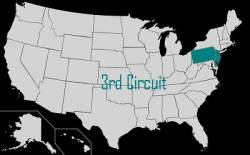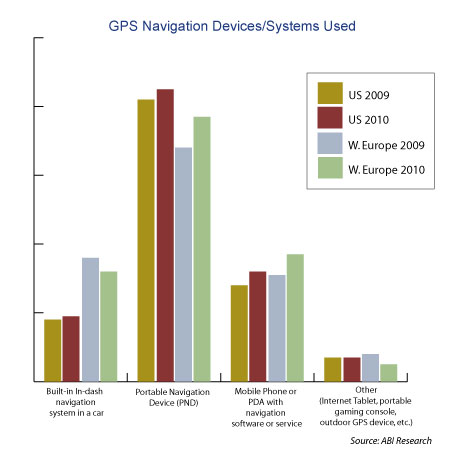Today will go down as a great day for those in support of protecting their privacy as the U.S. Supreme Court has ruled in favor of digital privacy.
In a 5-4 decision voted on June 22, the justices stated police need warrants to gather phone location data as evidence for trials. The ruling reversed and remanded a decision by the Sixth Circuit Court of Appeals. The narrow victory is a critical one for privacy advocates as well as large tech companies.
Carpenter v. United States is the first case about phone location data that the Supreme Court has ruled on. That makes this a significant decision regarding how law enforcement agencies can use technology as they build cases. The court heard arguments in the case on Nov. 29.
For the full Supreme Court document, click here.
With this latest decision, police officers will not be allowed to retrace the cell-site location information(CSLI) of your cell phone without a warrant. The court’s precedents have allowed in the past a relatively broad range of warrantless searches, but privacy advocates have warned that if those outdated, “analog” rules were applied to modern smartphones, then hardly little would ever be private again.
It was determined– with the 5-4 ruling –thatwhen the police go back and retrace a suspect’s steps through the location of the suspect’s cell phone, the action constitutes a search under the Fourth Amendment. Chief Justice John Roberts wrote: “Having found that the acquisition of Carpenter’s CSLI was a search, we also conclude that the Government must generally obtain a warrant supported by probable cause before acquiring such records.”
The court documents also state “because location information is logged for all of the 400 million devices in the United States — not just those belonging to persons who might happen to come under investigation — this newfound tracking capacity runs against everyone. Police need not even know in advance whether they want to follow a particular individual, or when.” Roberts wrote.
Today’s ruling came on a case that dealt with Timothy Carpenter. He was convicted of participating in a string of robberies — a conviction based partly on data from his cell phone providers, which showed that his phone pinged cell towers near the sites of the robberies at the times they occurred. The ACLU says obtaining all those cell-tower records without a warrant violated Carpenter’s Fourth Amendment rights against unreasonable search and seizure.
The dispute dates back to 2010 and 2011 robberies in Detroit, after which police gathered months of phone location data from Carpenter’s phone provider. They pulled together 12,898 different locations from Carpenter, over 127 days.
At the time, the legal and privacy concern was that law enforcement had gathered the four months’ worth of a suspect’s digital footprints without a warrant. A Sixth Circuit Court of Appeals judge ruled then that cellphone location data is not protected by the Fourth Amendment, which forbids unreasonable search and seizure, and therefore didn’t require a warrant.
In today’s ruling, however, Roberts wrote that the government’s searches of Carpenter’s phone records were considered a Fourth Amendment search, stating, “The government’s position fails to contend with the seismic shifts in digital technology that made possible the tracking of not only Carpenter’s location but also everyone else’s, not for a short period but for years and years,” he wrote.
Roberts said allowing government access to historical GPS data infringes on Carpenter’s Fourth Amendment protections and expectation of privacy, by providing law enforcement with an “all-encompassing record” of his whereabouts. He added that historical GPS data presents an “even greater privacy risk” than real-time GPS monitoring.
The landmark decision sets a ruling for historical GPS data, yet the Supreme Court said it does not apply to security cameras, business records or real-time location tracking.
Privacy and GPS location data have been a concern for many for quite some time. Back in 2010, Inside GNSS reported that the United States Appeals Courts Disagree on GPS Technology and Privacy Rights. Since then there have been numerous reports of legal disputes regarding both GPS vehicle data and cell phone location data privacy disputes.






